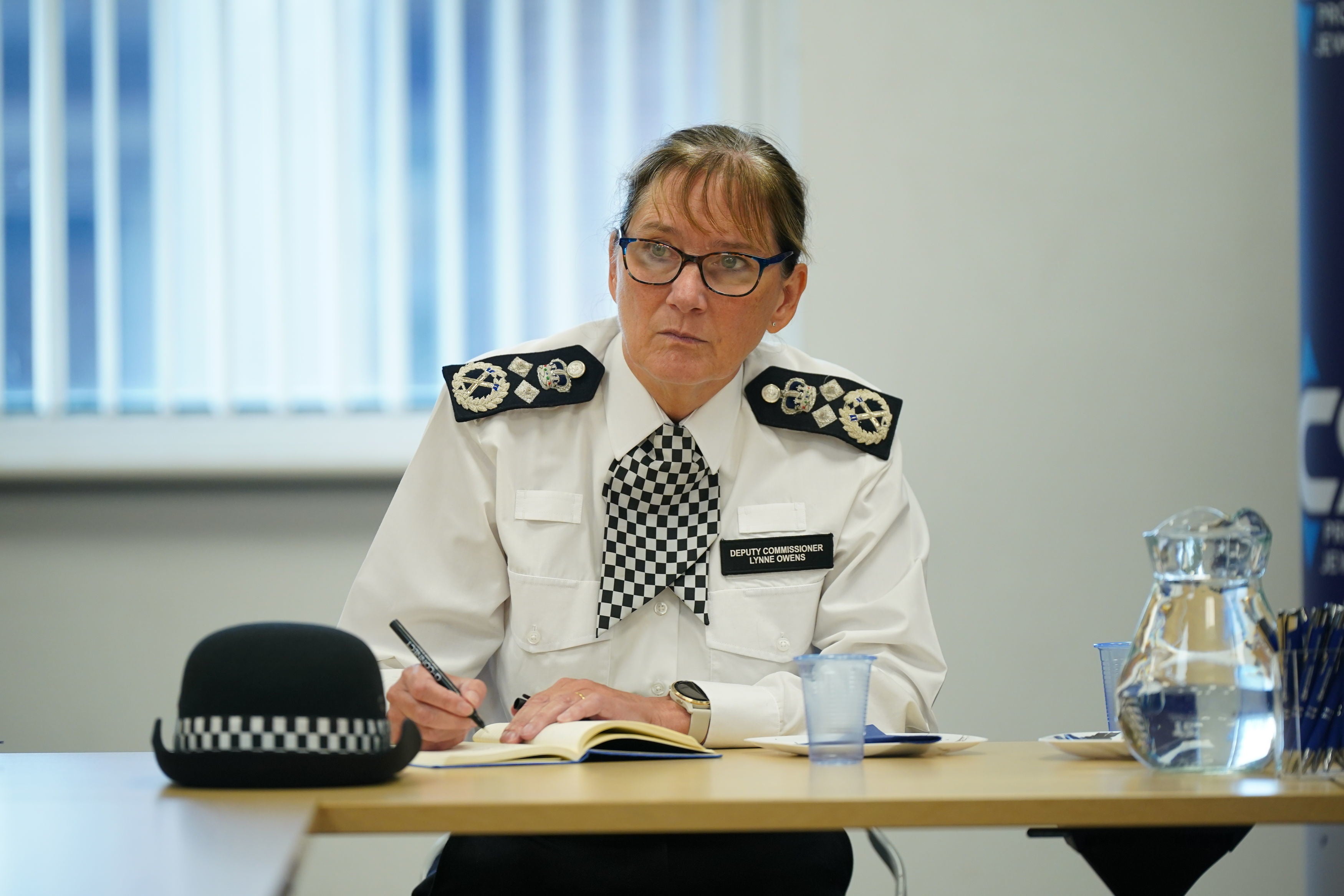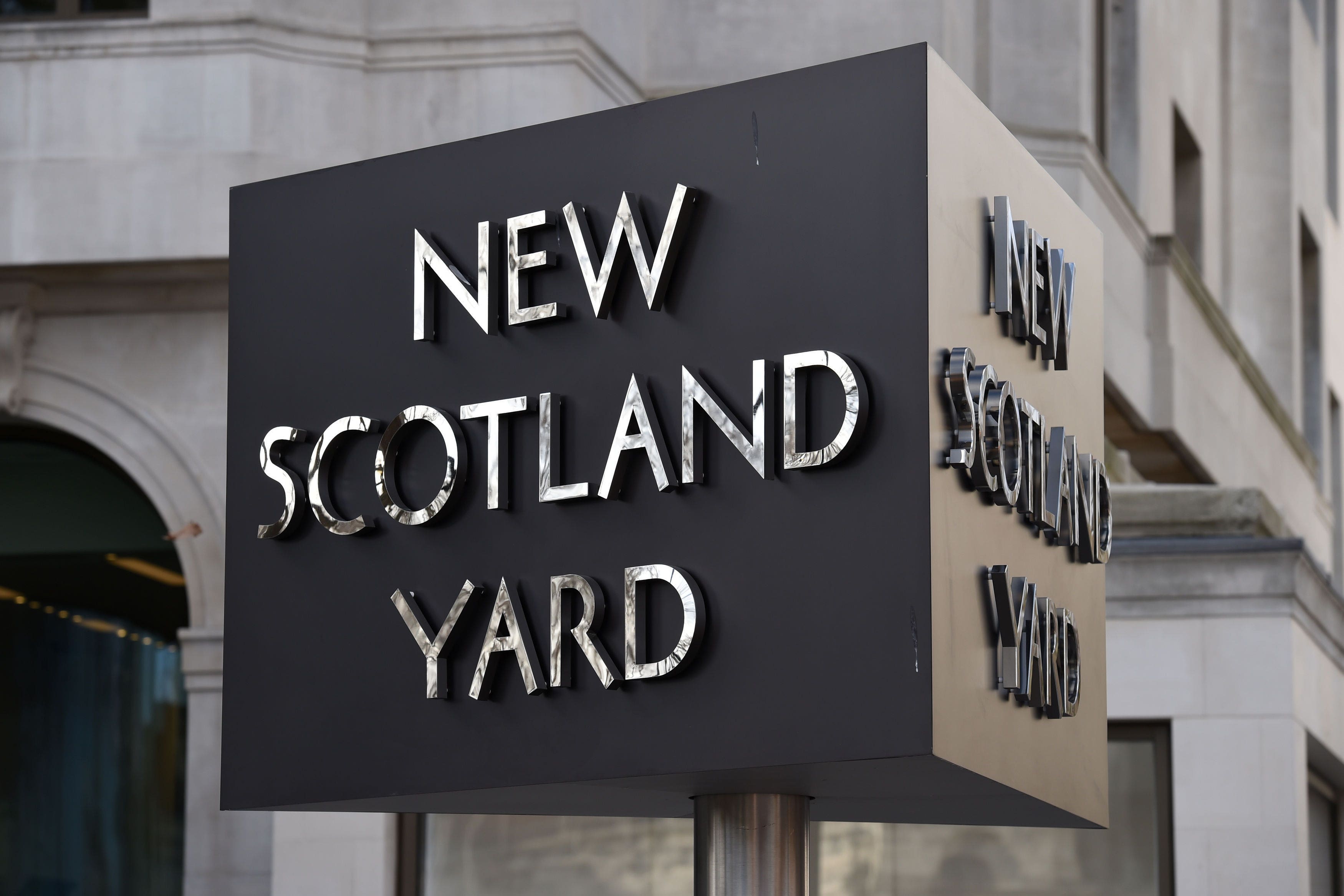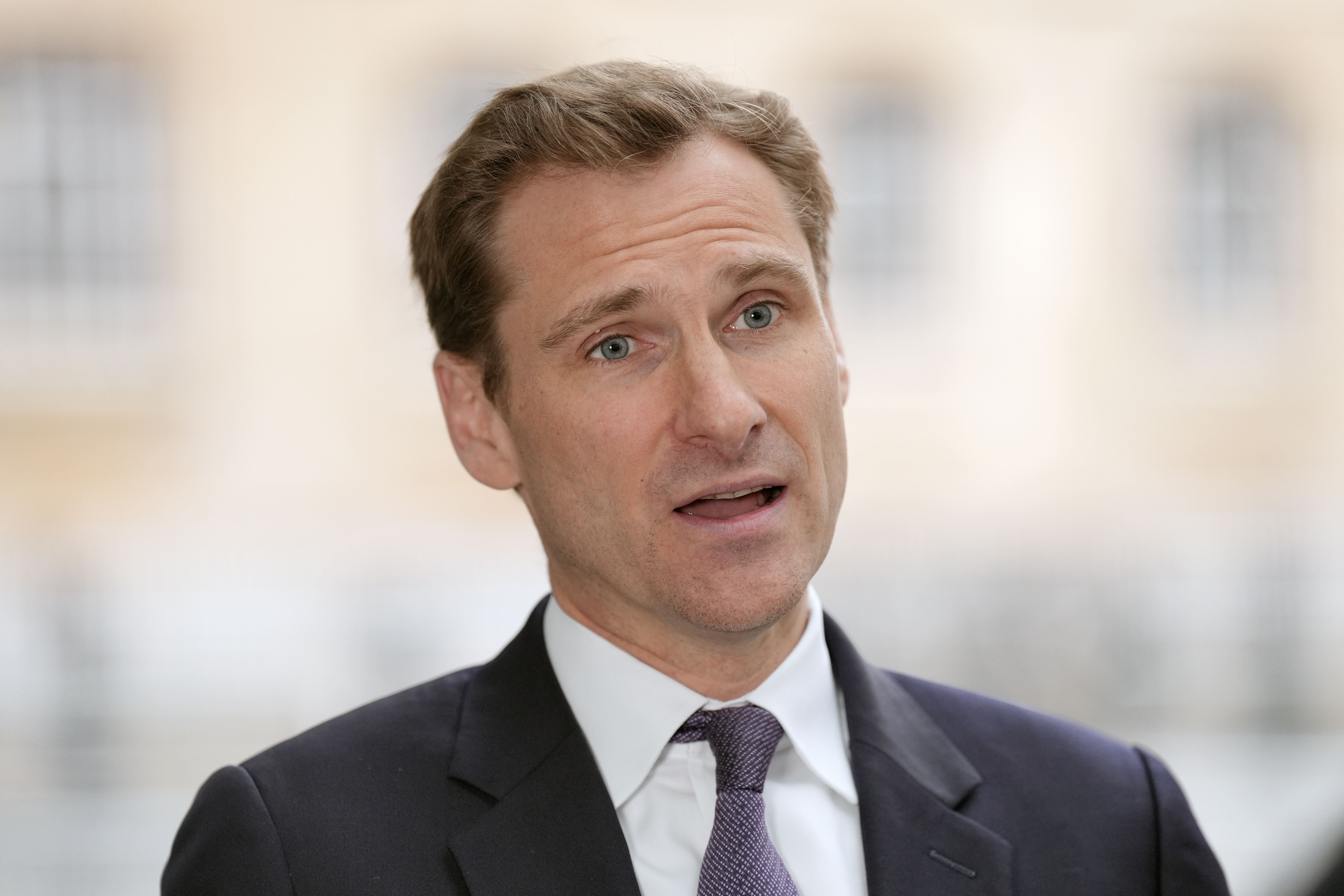Police chiefs defy calls to arrest fewer people to ease prison overcrowding
The Met said they will ‘never agree’ to pause arrests while Hampshire Constabulary vowed to continue ‘relentlessly pursuing criminals’

Police chiefs are refusing to arrest fewer people in a sign that the government’s plan to ease the prison overcrowding crisis has backfired.
The deputy commissioner of Britain’s largest police force, London’s Metropolitan Police, has insisted the service will “never agree” to pause necessary arrests after forces were told to consider halting “non-priority arrests” until there is capacity in jails.
Meanwhile, the chief constable of Hampshire Constabulary said they are “arresting more people” as they vowed to continue “relentlessly pursuing criminals”.
It comes after it emerged forces had been urged to pause “any planned operations where large numbers of arrests may take place” to ease pressures in the criminal justice system in an internal document from National Police Chiefs Council (NPCC) obtained by The Times.
This is thought to apply to operations that do not have to happen on a specific date and could be arranged for a later time.
The news is likely to heap pressure on Rishi Sunak’s government, which has recently come under fire over a policy to free criminals from jail early and delays to court cases as part of efforts to cut prison overcrowding.

The Met’s deputy commissioner confirmed the force had participated in NPCC meetings last week to discuss Operation Early Dawn - a controversial scheme to delay court hearings - and “how the police could support government to ease prison pressures”.
“The Met asserted at this meeting and we repeat again today that we will always put protecting the public first and will never agree to pausing any necessary arrests,” Dame Lynne Owens said on Wednesday.
“We will not hesitate to seek for suspects to be remanded in custody where the grounds for that are made out.
“We continue to work with the Government and other police services to ensure the safety of the public.”
Meanwhile Chief Constable Scott Chilton, of Hampshire and Isle of Wight Constabulary, insisted “we must keep the public safe”.
He said: “Relentlessly pursuing criminals and giving victims the service they expect from policing remain our core priorities.
“We continue to be proactive in arresting those who are suspected of committing crimes, targeting prolific offenders and people who are wanted on warrants. We are arresting more people and bringing them into our custody centres, and this remains our approach.
“We are aware of the pressures being faced by our partners within the wider criminal justice system, and working with them to ensure that people can continue to be brought before the courts in a timely manner. We will provide the support required, but we must keep the public safe.”
Labour said the Tories’ “mismanagement” of the criminal justice system “cannot go on” as news of the letter broke.

Responding to an urgent question on the crisis in the House of Commons today, policing minister Chris Philp, insisted crime had decreased under the Tory government.
He said: “I’m delighted to have the opportunity to talk about public safety, to talk about the record number of police officers we have in this country - 3,000 more than we had under the last Labour government - delighted to talk about the fact that according to the crime survey, crime is less than half today what it was under the last Labour government.”
Shadow home secretary Yvette Cooper has said the Government has “catastrophically failed to manage the criminal justice system or build the basic prison places promise”.
The Labour frontbencher told the House of Commons: “The minister’s response is just shocking, telling people they’ve never had it so good, faced with the crisis in the criminal justice system, I think that shows just how out of touch he is.”
NPCC chair Chief Constable Gavin Stephens said: “We are working closely with criminal justice system partners to manage demand in the system and ensure that the public are safe.
“Policing will always arrest anyone that they need to in order to keep the public safe, including policing protests and events and ensuring that people are arrested as expected.”
